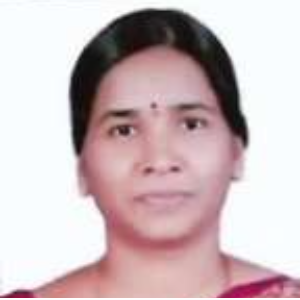Title: Multidimensional perspectives of Ageism and Interpersonal relationships on Health and Wellbeing among Older Adults
Abstract:
Socio-demographic transitions resulted to swift growth in ageing population, tremendous changes in social and family dynamics. Social structure, gender bias and ageism in Indian societies tend to impact the health and wellbeing of men and women differently. The present cross sectional descriptive survey estimates multi-dimensional perspectives in health, family and social relationships to understand gender gap among adults aged 60 years and above from peri- urban communities. Multi-dimensional health perspectives in the study self-reported health, happiness, loneliness and social support. Correlation of perceived wellbeing and morbidity pattern was estimated. Study findings were reported to reflect the gender differences in the study variables. Fifty six percent of older adults reported their perceived general health as poor and thirteen percent of them agreed for not being happy at all. Thirty six percent of them rarely had quality of family interaction and twenty nine percent of them agreed for feeling lonely very often. Majority of older adults were with at least one chronic health condition. Socio demographic characteristics such as education, financial, marital status, and family size, living arrangements and perceived quality in family and marital relationships were identified as important associated factors by the older adults. Narrowing family interactions, deficient marital and social support, and growing loneliness in older people were related with growing burden of mental health in later life. Interventions to reduce gender bias, ageism, strengthening social and health care resources are immediate need to enable equitable social participation, security and wellbeing in adults from countries like India.



